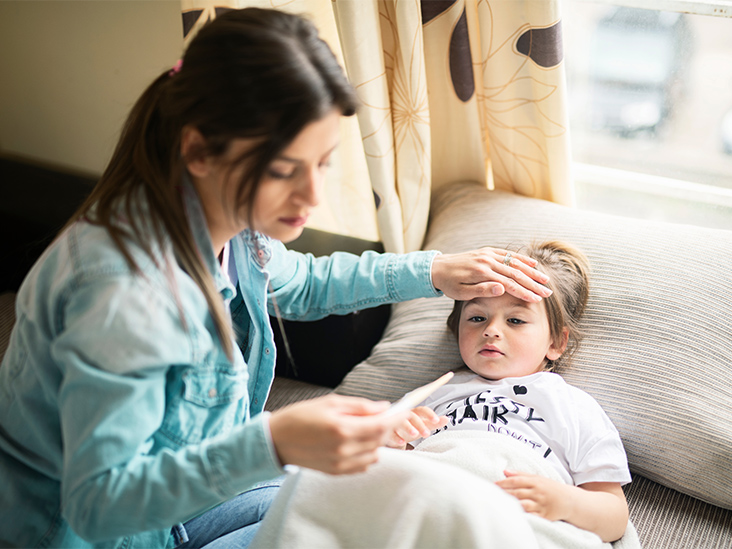Are children actually ‘as likely’ to get COVID-19 as adults?
So far, reports have maintained that children appear to be less susceptible to infection with the new coronavirus, SARS-CoV-2, than adults. But some researchers now claim that this is not the case.
Researchers are still uncertain how susceptible children are to SARS-CoV-2.
As the new coronavirus continues to spread, the public still wonders who is most at risk of infection.
Children are a primary concern: How susceptible are they to SARS-CoV-2 infection, really?
Until now, reports in peer-reviewed journals — such as this one featured in JAMA Network last month — have suggested that children appear to be less likely to develop COVID-19 than adults.
Now, an international team of researchers — many from the Shenzhen Center for Disease Control and Prevention and Peng Cheng Laboratory, both in China — has conducted a study and reached a different conclusion.
This study is preliminary and has not yet been published in a peer-reviewed journal. This means that it has not yet undergone a thorough quality and accuracy assessment from specialists in the field.
Nevertheless, the authors have made their findings available online in preprint form.
Kids’ infection rate similar to adults’
The researchers analyzed data from people in Shenzhen, China with confirmed SARS-CoV-2 infections and data from their close contacts.
In total, they looked at 391 people with confirmed COVID-19 and 1,286 individuals who were in close contact.
The researchers’ aim was to find out whether close contacts of people with COVID-19 would test positive for SARS-CoV-2, even when they presented no obvious symptoms of the infection.
The investigators found that children under 10 who were in close contact with people who had COVID-19 demonstrated a 7.4% infection rate — very similar to the 7.9% infection rate in adults.
However, the researchers also determined that children were less likely to develop symptoms, even though they seemed just as likely as adults to contract the virus.
“Kids are just as likely to get infected [as grownups] and they’re not getting sick,” notes co-author Justin Lessler, Ph.D., from the Johns Hopkins Bloomberg School of Public Health, in Baltimore, MD.
In the study paper, the researchers also report that people who lived with individuals who had diagnosed COVID-19 were more likely to develop the infection than other close contacts.
Still, they write that “Even in this group, less than 1 in 6 contacts were infected; and, overall, we observed far less than one (0.4) onward transmission per primary case.”
The researchers caution that their study “has numerous limitations,” since the data were collected by different teams following different protocols, and while definitions of what qualified as SARS-CoV-2 infection changed as understanding of the outbreak evolved.

